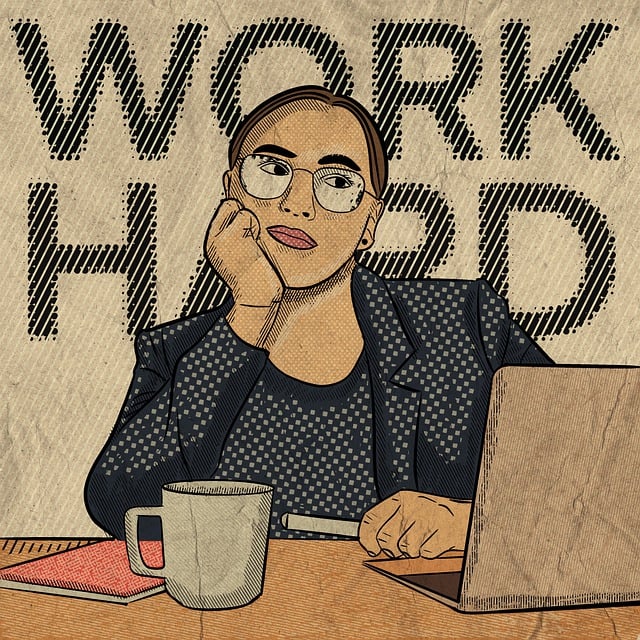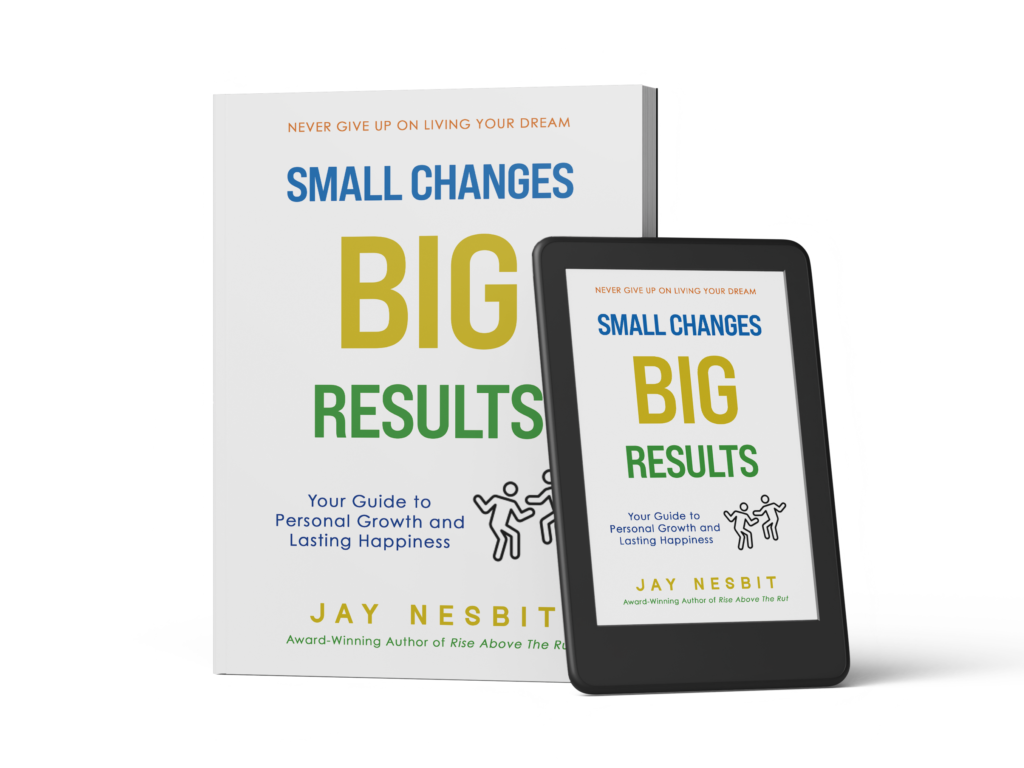
The Pharmacist Wordsmith – December 26, 2024 – Life-Changing Words Post #38
We’ve all heard it before: “If you work hard enough, you can achieve anything.” It’s the backbone of the so-called American Dream, the belief that with grit and determination, anyone can rise above their circumstances and succeed.
But is this really how the system works? Lately, I’ve been questioning this narrative, especially after watching a video about meritocracy featuring Yale Law Professor Daniel Markovits.
Markovits argues that the concept of meritocracy—the idea that society rewards those who work the hardest and are the most talented—is not as fair or empowering as it seems.
Instead, it often reinforces inequality, creating barriers that make it nearly impossible for many people to succeed, no matter how hard they try.
Let’s break this down.
The Myth of Meritocracy
Meritocracy sounds great on the surface. It suggests that everyone starts on an even playing field, and success is determined solely by effort and skill. But the reality is far messier. For one, the so-called “level playing field” doesn’t really exist.
Children born into wealthier families often have access to better schools, tutors, and extracurricular opportunities that help them excel. These advantages compound over time, giving them a leg up when it comes to college admissions, internships, and job offers. Meanwhile, those from less privileged backgrounds often have to fight uphill battles just to get their foot in the door.
As Markovits points out, this system doesn’t just harm the underprivileged—it’s not great for the “winners” either. The constant pressure to perform, excel, and outwork everyone else creates a culture of burnout and dissatisfaction, even for those who are supposedly thriving.
Hard Work Alone Isn’t Enough
If hard work were the sole key to success, wouldn’t the hardest-working people always be the most successful? Think about teachers, nurses, or farmers—jobs that require long hours, physical labor, and emotional investment. These roles are essential to society, but they’re often undervalued and underpaid.
Contrast that with hedge fund managers or tech executives, who may work hard but also benefit from a system that disproportionately rewards certain skills and industries.
There’s also the issue of luck. Timing, connections, and even where you’re born can play a massive role in determining your opportunities. Hard work matters, sure, but it doesn’t guarantee results in a world where so many factors are beyond our control.
The Flaws in the “American Dream”
The American Dream paints a rosy picture of upward mobility, but statistics tell a different story. Social mobility in the U.S. has been stagnating for decades. Many people find themselves stuck in the same socioeconomic bracket as their parents, no matter how hard they work.
The system often feels rigged to benefit those at the top. Tax policies, access to education, and healthcare costs all create hurdles for working-class families. And even when people do “make it,” the cost of that success can be immense—lost time with family, mental health struggles, and a relentless grind that leaves little room for joy.
So, What Does It Take to Get Ahead?
If hard work isn’t the whole answer, what is? The truth is there’s no single formula. Success often requires a mix of effort, opportunity, support systems, and yes, a bit of luck. But one thing is clear: we can’t rely solely on individual effort to solve systemic problems.
Real change comes from addressing the structural inequalities that hold people back. This means fighting for better access to education, healthcare, and fair wages. It means challenging the myth that success is solely a matter of personal merit and recognizing the role that privilege and opportunity play.
A More Honest Conversation
This topic hits close to home for me. Like many, I’ve spent my life working hard and trying to do the right things. But when I reflect on the path I’ve taken, it’s clear that effort alone wasn’t the deciding factor. If anything, this realization motivates me to push for a world where hard work does pay off—no matter where you start.
It’s time to rethink the narrative around hard work and success. While effort and determination are important, they’re not the full story. By acknowledging the flaws in the system, we can start having more honest conversations about what it really takes to get ahead—and how we can create a society where everyone has a fair shot.
What are your thoughts? Do you still believe in the promise of hard work, or have you also started to question the system? Let’s discuss in the comments!



